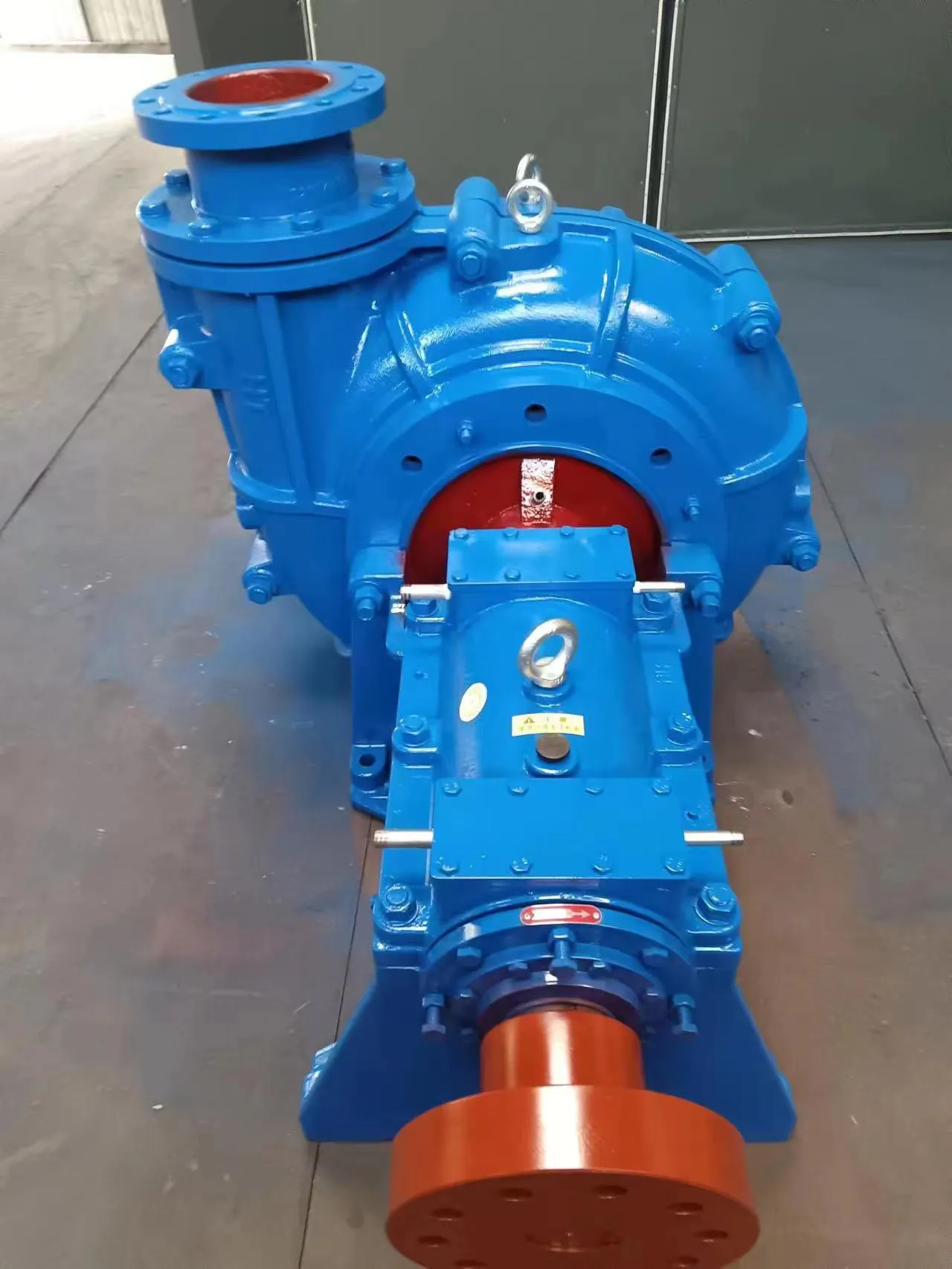English
- Afrikaans
- Albanian
- Amharic
- Arabic
- Armenian
- Azerbaijani
- Basque
- Belarusian
- Bengali
- Bosnian
- Bulgarian
- Catalan
- Cebuano
- Corsican
- Croatian
- Czech
- Danish
- Dutch
- English
- Esperanto
- Estonian
- Finnish
- French
- Frisian
- Galician
- Georgian
- German
- Greek
- Gujarati
- Haitian Creole
- hausa
- hawaiian
- Hebrew
- Hindi
- Miao
- Hungarian
- Icelandic
- igbo
- Indonesian
- irish
- Italian
- Japanese
- Javanese
- Kannada
- kazakh
- Khmer
- Rwandese
- Korean
- Kurdish
- Kyrgyz
- Lao
- Latin
- Latvian
- Lithuanian
- Luxembourgish
- Macedonian
- Malgashi
- Malay
- Malayalam
- Maltese
- Maori
- Marathi
- Mongolian
- Myanmar
- Nepali
- Norwegian
- Norwegian
- Occitan
- Pashto
- Persian
- Polish
- Portuguese
- Punjabi
- Romanian
- Russian
- Samoan
- Scottish Gaelic
- Serbian
- Sesotho
- Shona
- Sindhi
- Sinhala
- Slovak
- Slovenian
- Somali
- Spanish
- Sundanese
- Swahili
- Swedish
- Tagalog
- Tajik
- Tamil
- Tatar
- Telugu
- Thai
- Turkish
- Turkmen
- Ukrainian
- Urdu
- Uighur
- Uzbek
- Vietnamese
- Welsh
- Bantu
- Yiddish
- Yoruba
- Zulu
Telephone: +86 13120555503
Email: frank@cypump.com
Dec . 26, 2024 07:20 Back to list
centrifugal slurry pumps
Understanding Centrifugal Slurry Pumps A Comprehensive Overview
Centrifugal slurry pumps are an essential component in various industrial applications where the transport of abrasive, viscous, and heavy mixtures is required. These pumps are designed to handle slurries, which are mixtures of solid particles and liquids. They are widely used in mining, mineral processing, wastewater treatment, and many other industries due to their ability to manage challenging materials efficiently.
How Centrifugal Slurry Pumps Work
Centrifugal slurry pumps operate on the principle of converting kinetic energy into hydrodynamic energy. The heart of a centrifugal pump is the impeller, which rotates and imparts velocity to the slurry. As the slurry enters the pump, the impeller spins, causing the liquid to move outward from the center of the impeller to the outer edges. This action creates a centrifugal force that propels the slurry through the pump and into the discharge pipe.
The design of these pumps is crucial to their effectiveness. Typically, centrifugal slurry pumps have a larger diameter impeller and wider passageways compared to standard centrifugal pumps. This design minimizes the risk of blockages and wear from the solid particles in the slurry. Additionally, they often feature heavy-duty materials like rubber or hard metal alloys to withstand erosion and corrosion from abrasive slurries.
Key Applications
1. Mining and Mineral Processing In the mining industry, centrifugal slurry pumps are vital for transporting slurry containing ore and water, which is a byproduct of the extraction process. These pumps facilitate the movement of materials through various stages of processing, including flotation and tailings disposal.
2. Wastewater Treatment Slurry pumps play a role in treating wastewater by transferring sewage sludge and other viscous materials to treatment systems. They ensure efficient handling of thick slurries, helping to maintain effective operation within treatment plants.
centrifugal slurry pumps

4. Pulp and Paper Industry These pumps transport pulp mixtures through various stages of production, handling high solids content slurries that are inherent in the paper-making process.
Advantages of Centrifugal Slurry Pumps
One of the primary advantages of centrifugal slurry pumps is their efficiency in managing high-solid content slurries. They can operate continuously without significant downtime, providing reliability for industrial processes. Furthermore, these pumps require less maintenance compared to other types of slurry pumps, such as positive displacement pumps, making them cost-effective in the long run.
Another notable advantage is their versatility. Centrifugal slurry pumps can be designed and customized to suit specific applications and can handle a wide range of flow rates and pressure conditions. This enables industries to optimize their operations based on their exact requirements.
Challenges and Considerations
Despite their advantages, centrifugal slurry pumps also face challenges. Abrasive materials can lead to increased wear and tear, necessitating regular maintenance and potential replacement of components. The selection of pump material is a crucial factor that directly influences the pump's lifespan and performance. Operators must consider factors such as particle size, density, and the nature of the fluids being pumped when choosing a centrifugal slurry pump.
Conclusion
Centrifugal slurry pumps are indispensable in industries where managing complex mixtures is required. With their robust design, efficiency, and versatility, they provide a reliable solution for transporting abrasive and viscous slurries. Understanding the fundamentals of these pumps and their applications can enable industries to enhance productivity and maintain operational efficiency. As technology continues to evolve, the capabilities and designs of centrifugal slurry pumps are likely to improve further, offering even greater solutions for facing the challenges of modern industrial operations.
-
Horizontal Split Case Pump with GPT-4 Turbo | High Efficiency
NewsAug.01,2025
-
ISG Series Pipeline Pump - Chi Yuan Pumps | High Efficiency, Durable Design
NewsAug.01,2025
-
Advanced Flue Gas Desulfurization Pump with GPT-4 Turbo | Durable & Efficient
NewsJul.31,2025
-
ISG Series Vertical Pipeline Pump - Chi Yuan Pumps | Advanced Hydraulic Design&Durable Construction
NewsJul.31,2025
-
ISG Series Vertical Pipeline Pump - Chi Yuan Pumps | Energy Efficient & Low Noise
NewsJul.31,2025
-
pipeline pump - Chi Yuan Pumps Co., LTD.|High Efficiency&Low Noise
NewsJul.31,2025










